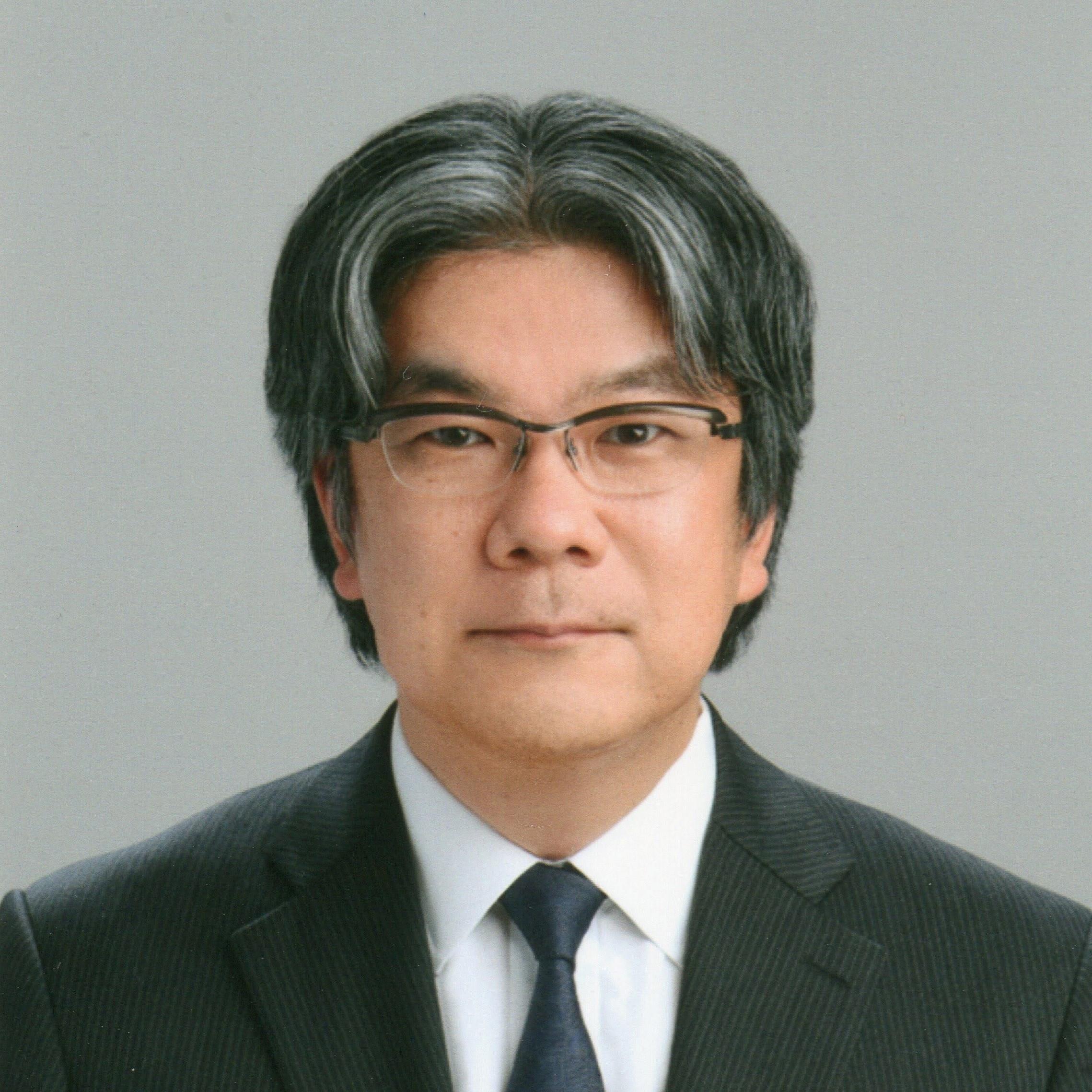Department / Chair / Description
-
Pulmonary MedicineProfessorKoichi Fukunaga
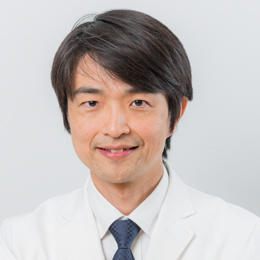
Our mission is to explore the Respiratory Medicine from the aspects of both clinicals and basics. Clinical field we cover possess challengingly wide range of diseases: allergic disease, inflammatory disease, infectious disease, and oncology. Basic interest we share have the basis on key concept of clinical relevance, focusing on mainly 4 areas; Asthma, ALI/Infection, Lung cancer, and COPD. Our goal is for the patients to make a new bridge, the bridge reinforced by our findings both from clinicals and basics.
-
CardiologyProfessorMasaki Ieda

The Department of Cardiology is prominent in Japan, offering a variety of specialized treatments, including new drug treatment for heart failure and cardiomyopathies, transcatheter aortic valve implantation (TAVI) for valvular heart disease, specialized catheterization for chronic thromboembolic pulmonary hypertension and congenital heart disease, and ablation for arrhythmias. The department also publishes results from a high volume of large-scale registry studies leveraging its network of affiliated hospitals. Additionally, in the sphere of basic research, it is prominent in conducting world-leading studies on heart regeneration and intractable cardiac illnesses. The department aims to produce cardiologists with refined, world-class clinical and research skills.
-
Gastroenterology and HepatologyProfessorTakanori Kanai

Keio gastroenterologist and hepatologist diagnose and treat gastrointestinal and liver diseases which include immunological disorders in digestive tract and liver (inflammatory bowel disease, auto-immune hepatitis, auto-immune pancreatitis etc.), gastrointestinal, pancreatobiliary, liver cancers and functional gastrointestinal disorders (functional dyspepsia, irritable bowel syndrome etc.). We focused on providing excellent education to young physicians and students, maintaining an interdisciplinary approach to translational research, and organizing a clinical network with intra-hospital departments and affiliate hospitals.
-
NeurologyProfessorJin Nakahara

The Department of Neurology, Keio University Hospital provides a medical care system covering a wide range of neurological disorders. Outpatient clinics have been set up for diseases such as stroke, headache, Parkinson’s disease, dementia, neuroimmunological diseases, and epilepsy, with specialists in each clinic. Our research fields are varied; we are actively pursuing not only the traditional research themes of cerebral circulation/metabolism, cerebrovascular disorders, and headache, but also basic research in neuroimmunology, neurodegenerative diseases, and regenerative medicine.
-
HematologyProfessorKeisuke Kataoka
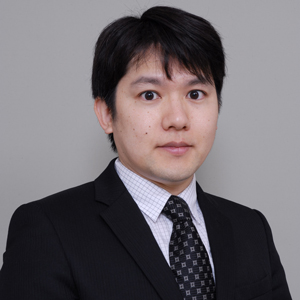
The Division of Hematology focuses on various kinds of hematologic malignancies and disorders classified according to not only morphology but also genetic alteration and surface marker. Together with standard chemotherapy and hematopoietic stem cell transplantation, we have introduced a variety of advanced therapeutics, such as molecularly targeted agents, monoclonal antibodies, and chimeric antigen receptor T (CAR-T) therapy, thus providing best practice and evidence-based medicine for patients. In addition to traditional clinical and basic researches, we have been performing big data science using bioinformatics and cutting-edge genomic technologies to systematically dissect the molecular pathogenesis of hematologic malignancies and implement precision medicine.
-
RheumatologyProfessorYuko Kaneko
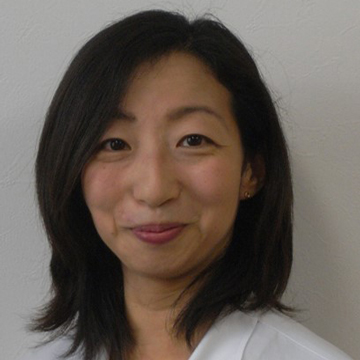
The mission of Division of Rheumatology is to provide many opportunities for young physicians and researchers to play important roles and achieve world-class results in the fields of clinical practice and research, and to give back to patients the fruitful results. We in Division of Rheumatology practice cutting-edge evidence-based medicine according to each patient's condition. As for research, we aim to conduct studies focusing on clinical practice from which patients can benefit. We train young physicians to provide treatment based on the cutting-edge evidence and accomplish large clinical studies.
-
Nephrology, Endocrinology and MetabolismProfessorKaori Hayashi
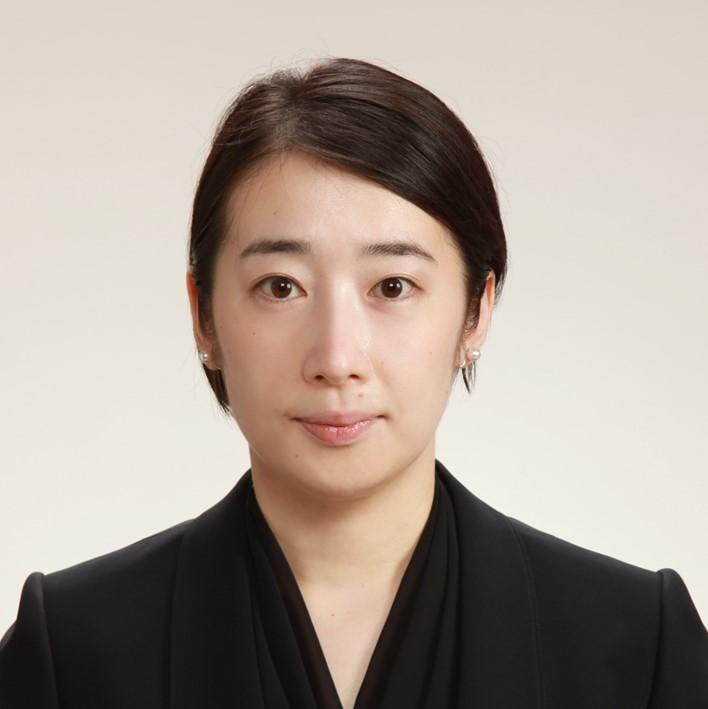
This department of internal medicine encompasses two major subspecialties: a division of nephrology and a division of endocrinology and metabolism. Endocrine and metabolic diseases, such as diabetes, dyslipidemia, obesity, and hormonal abnormalities, are closely related to nephrological conditions like hypertension and kidney disease. We aim for a deeper understanding of these pathologies and provide highly specialized medical care by working across our department's two divisions in a coordinated manner. These diseases are increasingly prevalent due to aging populations, which makes addressing them an urgent priority. Along with practicing evidence-based medicine, we are committed to conducting research that contributes to the development of new treatment strategies aimed at completely curing kidney and endocrine-metabolic diseases, which has yet to be achieved.
-
General and Gastroenterological SurgeryProfessorYuko Kitagawa

The Division of General and Gastroenterological Surgery is comprised of five study groups: Upper GI, Colorectal, Hepatobiliary/Transplant, Vascular and Breast. We are making diagnoses of various diseases of the oesophagus, stomach, colorectal, hepatobiliary, pancreas, breast and blood vessels, offering treatments, and conducting basic and clinical studies. We are proud of receiving recognition both nationally and internationally in the field of minimally invasive treatments for cancers using advanced technology. We are focused on training world-class doctors and providing world-class medical treatments.
-
Pediatric SurgeryProfessorAkihiro Fujino
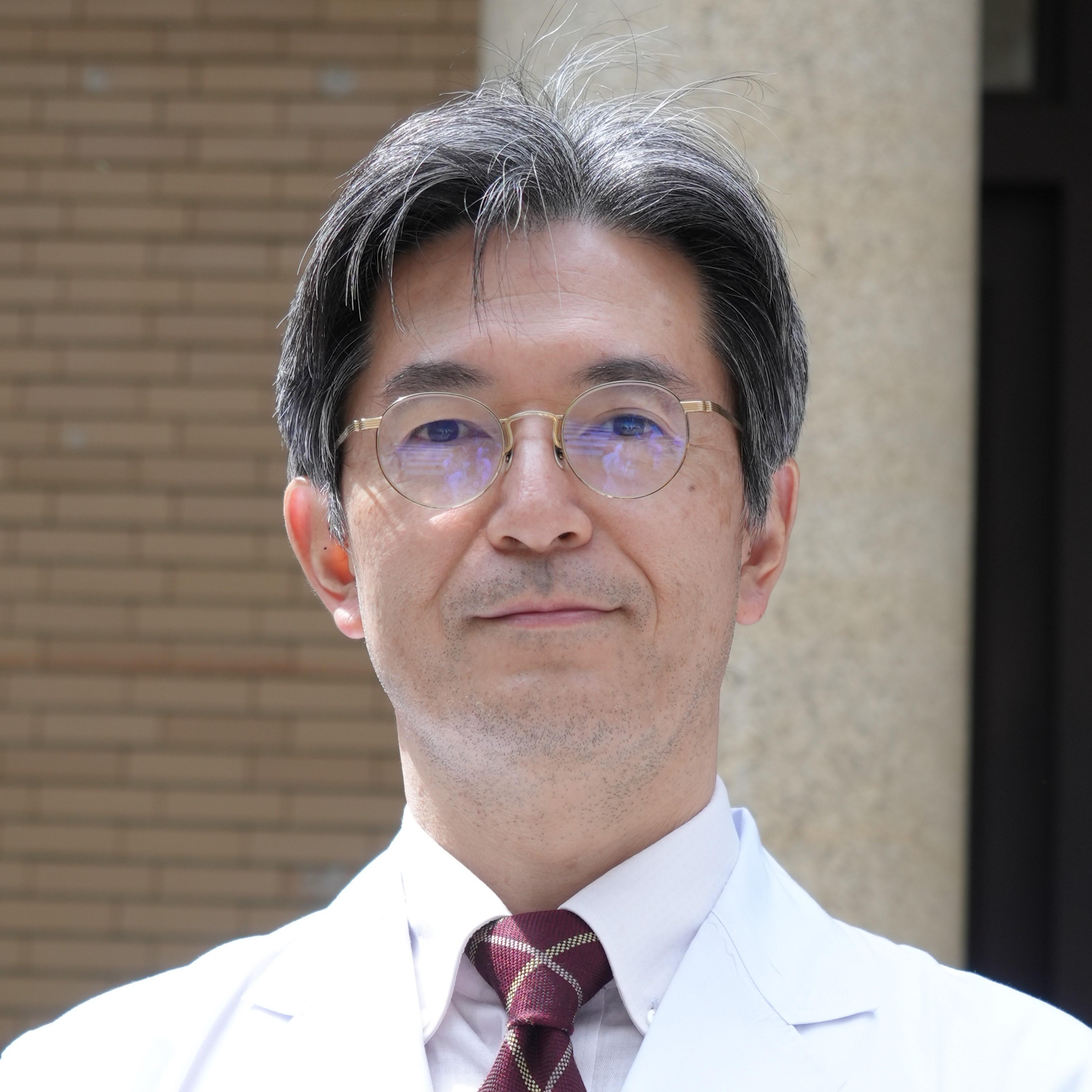
The Department of Pediatric Surgery focuses on the diagnosis and treatment of digestive and respiratory surgical diseases in children, including fetuses diagnosed prenatally. In addition to general pediatric surgical care for congenital diseases, acute conditions, and malignant tumors, our department plays a leading role in liver and small intestine transplantation and treatment of lymphatic disorders, both domestically and internationally. We collaborate with basic medical science departments to drive research aimed at overcoming various rare and intractable diseases, including those mentioned above. We also have numerous affiliated facilities, including metropolitan and national children's hospitals. By integrating clinical practice and research, we are able to provide comprehensive education to train outstanding physicians who will help shape the future for our children.
-
Cardiovascular SurgeryProfessorHideyuki Shimizu

KEIO cardiovascular surgery department is consist of mainly 3 fields, congenital, valve, and aorta. This department has been growing with tradition and faith. We have performed many difficult surgeries at a top level, and now we also perform MICS, TEVAR, EVAR, TAVI, and other hybrid operations. This department is representative of the front-line and minimally invasive surgery.
-
General Thoracic SurgeryProfessorKeisuke Asakura
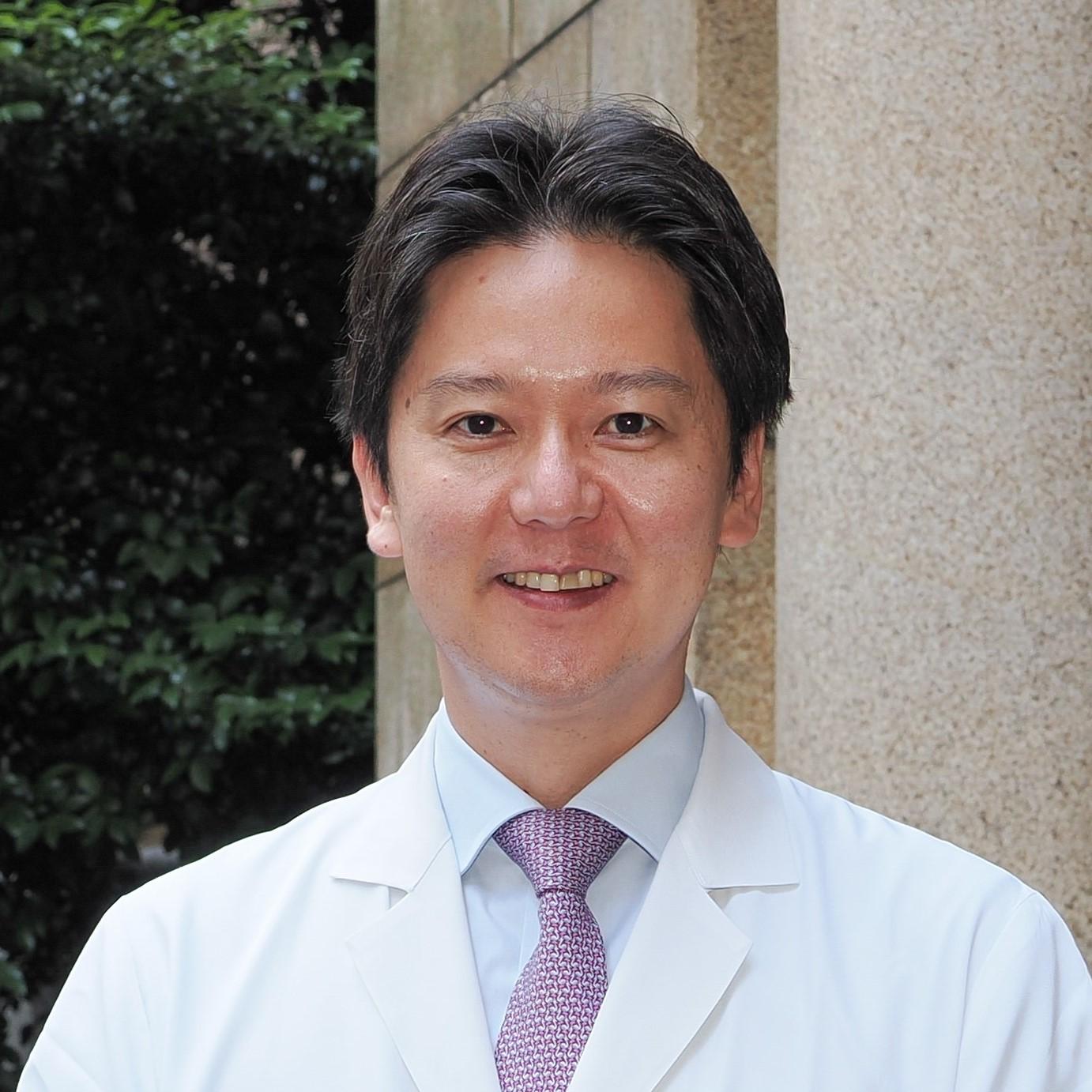
The Department of General Thoracic Surgery works in collaboration with related departments to provide surgical and multidisciplinary treatment for thoracic cancers such as lung cancer, metastatic lung tumors, mediastinal tumors, and malignant pleural mesothelioma. We also perform surgical treatment for benign diseases such as pneumothorax, hemothorax, empyema, and pectus excavatum. As one of the oldest thoracic surgery departments in Japan, we aim not only to provide high-quality medical care but also to develop new diagnostic and treatment methods and share our achievements with the world.
-
Breast CenterProfessorTetsu Hayashida

At the Department of Breast Surgery, we strive to provide breast cancer care that not only focuses on effective treatment but also takes cosmetic outcomes into consideration. Our approach is grounded in a wealth of knowledge gained through both basic and clinical research. As part of a comprehensive university hospital, we work closely with specialists across many departments to offer well-rounded support—whether it's managing other health conditions, preserving fertility, offering breast reconstruction, or providing genetic testing. We are also dedicated to nurturing the next generation of doctors and medical students, as part of our ongoing commitment to the future of breast cancer care.
-
NeurosurgeryProfessorMasahiro Toda

The Department of Neurosurgery is dedicated to the treatment and research of brain and spinal cord diseases, which include tumors, vascular diseases, trauma, and functional and congenital disorders. We provide high-quality medical care in all fields of neurosurgery, with treatments built upon our achievements in treating cranial base disorders. For overcoming difficult-to-treat central nervous system diseases, we promote a translational approach through collaboration with basic researchers in the medical science to bridge the gap between basic and clinical research. At the Keio University Department of Neurosurgery, we aim to be a world leader in the treatment of brain and spine conditions and train international medical professionals in collaboration with affiliated universities and hospitals in Japan and abroad.
-
Orthopedic Surgery
The Department of Orthopaedic Surgery treats diseases in motor organs, such as bones, joints, ligaments, muscles, spine, spinal cord, and peripheral nerves. Established in 1922, our department has nearly 100 years of history , and we have more than 1,000 orthopaedic surgeons in our alumni association. In education our students master basic knowledge and skills to become a specialists in orthopaedic surgery. To be a world leading orthopaedic department, we constantly refine our skills and encourage to unitye of basic research and clinical practice.
ProfessorMorio Matsumoto ProfessorMasaya Nakamura
ProfessorMasaya Nakamura
-
Rehabilitation MedicineProfessorTetsuya Tsuji
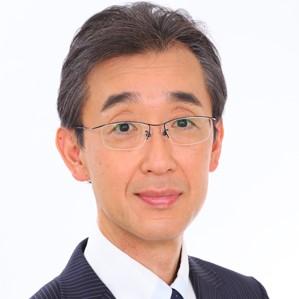
Rehabilitation is a holistic medicine focusing on the physical function, daily living and total life of the patients suffering from disease(s) or its sequelae. Our department provides ideal rehabilitation medicine which is based on team medical care with highly qualified rehabilitative therapists, rehabilitation-nurses, and state-of-the-art technologies developed in close collaboration with other departments and divisions like the department of Science and Engineering, as well as other enterprises. We train outstanding physiatrists, provide superior medical care, and help drive science in support of the following goals; “To prevent and/or to minimize the disorders by active early interventions”, “To maximize functional recovery with advanced approaches through creative and interdisciplinary cooperation” and “To actively respond to newly developing needs”. Our ongoing projects includes: -Seamless rehabilitation approach for severe paresis of stroke patients using Brain-Machine-Interface (BMI) technology and Integrated-Volitional-controlled-Electrical-Stimulation (IVES) systems, -Pleiotropic rehabilitative approach for patients with Cancer (Cancer rehabilitation), -Cognitive dysfunction rehabilitation, -Robotic rehabilitation for spinal-cord-injured patients using robot-suit HAL (collaboration with dept. Orthopaedic Surgery), -Basic rehabilitation science (collaboration with dept. Physiology and dept. Orthopaedic Surgery), -Disaster rehabilitation. We are happy to welcome students from around the world. Please feel free to contact us if you are motivated and interested in rehabilitation medicine.
-
Plastic and Reconstructive SurgeryProfessorKazuo Kishi

Plastic Surgery is often referred to as the "Art of Medicine" since it attempts to correct existing morphological abnormalities of the body's surface, or deformities and defects due to trauma, or the excision of malignant tumors so that they will appear as normal as possible. Our department has been a pioneer in the field of plastic surgery in Japan, and we have trained many outstanding plastic surgeons since our department first opened in 1963. Our department has a firm reputation in providing delicate reconstructive surgery and we have developed techniques that allow us to make scars and keloids less prominent thanks to detailed study of anatomy. By applying the basics of plastic surgery, together with unrelenting research to improve our techniques, our goal is to provide comprehensive, advanced medical care.
-
PediatricsProfessorSatoshi Narumi

We will do whatever we can so that EVERY child, even those with diseases present at birth (congenital or inherited disorders), and their families, will be able to cope with difficulties and, above all, live a happy life.Pediatrics deals with the process of body shaping (growth) and function acquisition (development). Our aim as scientists is to reveal the causes of abnormalities in those processes, and to develop therapeutic interventions. Hence, our target as medical professionals includes problems even in the period of fetal life, and through the life stages of neonate, infant, adolescent, and into young adulthood.As clinician-scientists, our objectives are diverse: from basic sciences such as embryology, genetics and molecular biology that deal with any abnormalities related to growth and development, to social sciences that deal with any kind of difficulties children may be faced with in life, such as child abuse and child poverty.
-
The Department of Gynecology focuses on gynecologic oncology and women’s health care. In cancer treatment, we provide appropriate multidisciplinary treatment based on the latest research findings, emphasizing fertility-sparing treatments and minimally invasive surgeries such as laparoscopic surgery. We actively collaborate with domestic and international institutions to conduct clinical trials aimed at developing new drugs and establishing more effective treatments. Furthermore, we are engaged in the diagnosis and surveillance of hereditary tumors as well as risk-reducing surgeries. We are committed to women's health, focusing on the treatment and prevention of menopausal disorders, osteoporosis, and dyslipidemia, as well as improving the quality of life for cancer survivors. By focusing on patient care, research, and talent development, we strive to provide women with comprehensive support at every stage of their lives.
-
The field of obstetrics covers a broad range of subjects which center around pregnancy: from pregnancy and delivery, to menstrual disorders, to infertility and recurrent miscarriage, to prenatal diagnosis. Our department conducts internationally-recognized studies in the fields of reproductive endocrinology and perinatal medicine, including analyses of gene expression profiles in gametes and zygotes, elucidation of implantation mechanisms, development of technologies for preimplantation genetic diagnosis, investigation of genetic factors associated with perinatal abnormalities, and elucidation of the stem cell system in female reproductive organs with the aim of clarifying the pathogenesis of endometriosis and applying its findings to regenerative medicine.
-
OphthalmologyProfessorKazuno Negishi
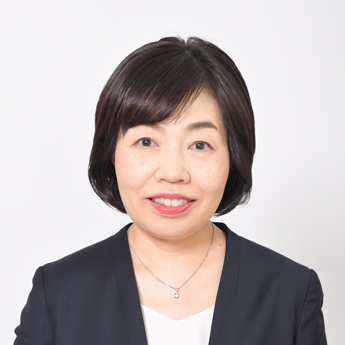
The Department of Ophthalmology has a long history of excellence in patient care, collaborative research, and education. We in ophthalmology know that the eye is the window to the body’s vasculature, and thus is an open portal on systemic disease. The Department of Ophthalmology offers training and education opportunities, as well as information about eye diseases and research.
-
DermatologyProfessorMasayuki Amagai

The goal of our department is to provide young dermatologists and basic scientists with a solid platform of possibilities in order to to establish themselves in the fields of clinical medicine, basic medicine, and medical education at an international level. We value diversity and encourage individual personality and passion in order to achieve future dream and goals. Our clinical group provides a high standard of care for many varieties of diseases, including autoimmune skin diseases, allergic diseases (atopic dermatitis), severe drug eruption, skin malignancies (melanoma and cutaneous lymphoma), nail and hair diseases, inherited diseases, and undiagnosed rare diseases. Our basic research group is conducting internationally recognized investigations into skin immunology, skin barrier, keratinocyte biology and skin microbiome.
-
UrologyProfessorMototsugu Oya

Urology is a comprehensive medicine that treats both malignant and benign diseases including endocrinology, neurology, reproductive medicine, renal transplantation and pediatric medicine. As our society continues to age, demand for urology, which specializes in many diseases common to elderly patients, is expected to increase. Our department focuses on performing minimally-invasive and function-preserving treatments, including laparoscopic surgery. Our aim is to clarify questions and challenges that arise from daily practice by approaching them through both clinical and basic research.
-
Otorhinolaryngology, Head and Neck SurgeryProfessorHiroyuki Ozawa
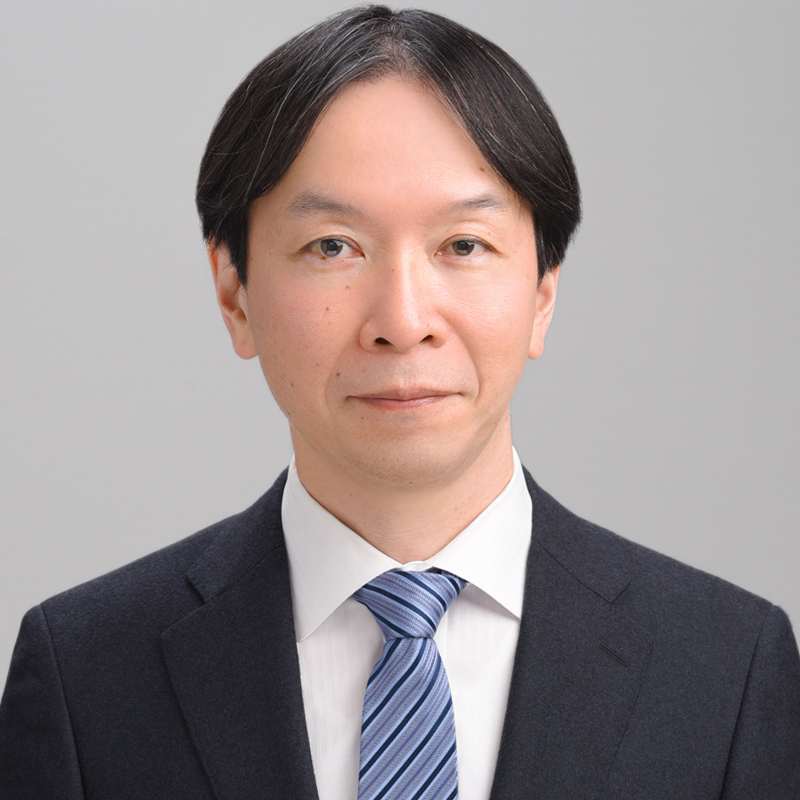
Otolaryngology, also referred to as Otolaryngology-Head and Neck Surgery, covers an important area of the head and neck, where that contains three of the five senses that are indispensable for quality of life (QOL). Our department has more than 130 doctors, making us the largest otolaryngology group in the country. We spearhead otolaryngology education, research, and medical care in Japan, and hope that our contributions to Japanese society will also benefit the world.
-
NeuropsychiatryProfessorHiroyuki Uchida
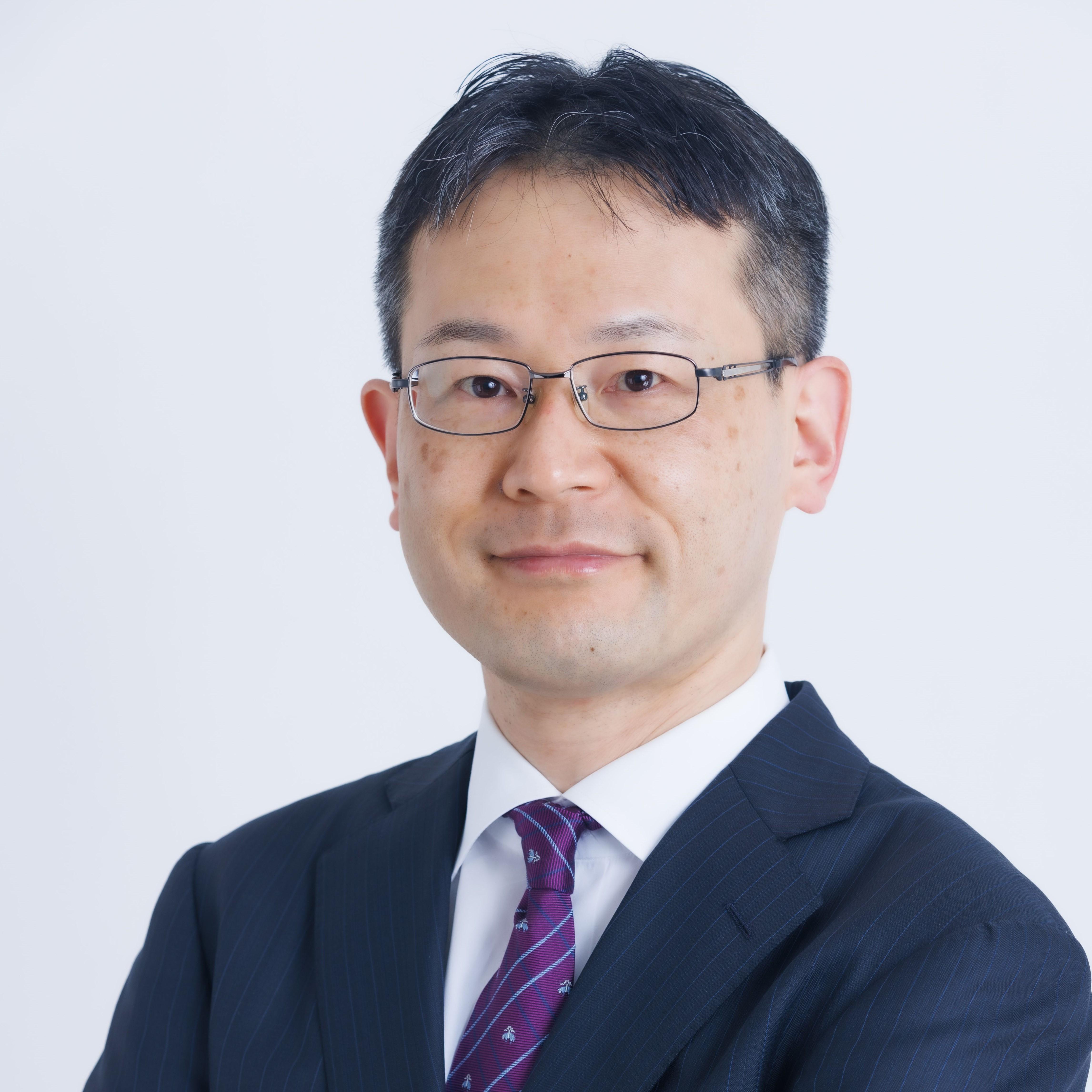
The field of psychiatry aims to solve problems related to the brain and mind utilizing comprehensive approaches that incorporate perspectives from biology, psychology, and sociology. With a long history and tradition, our department primarily focuses on training well-rounded and balanced professionals. In clinical practice, we strive to address issues of the brain and mind for people of all ages. Our research covers a wide range of fields, from genetics to pharmacology, neuroimaging, social sciences, and epidemiology, with the goal of contributing to society at large through our achievements.
-
RadiologyProfessorMasahiro Jinzaki

The Department of Diagnostic Radiology is the central medical department which takes charge of diagnostic imaging for all medical departments and contributes to improving the overall quality of medical care at the hospital. Our goal is to study further visualization of the human body and develop highly precise less-invasive treatments using interventional radiology (IVR) techniques. We are commited to developing a culture of flexiblity in practice, and a sincere, long-lasting interest in medical science.
-
RadiotherapyProfessorAtsuya Takeda

The Department of Radiation Oncology contributes to cancer treatment of all organs, from early to advanced cancer, and from curative to palliative care in collaboration with other departments. Our department aims to provide highly accurate and minimally invasive treatment, develop new treatment strategies, generate evidence in cooperation with domestic and overseas facilities, and publish it to the world. In addition, we promote shared decision-making to determine treatment with patients and play roles the command centers in cancer treatment in collaboration with other departments and other professions. Our goal is to train outstanding radiation oncologists and holistic clinicians while maintaining a thorough understanding of radiology and clinical oncology.
-
AnesthesiologyProfessorHiroshi Morisaki

Since its establishment in 1955, the Department of Anesthesiology has trained a large number of anesthesiologists who have played consequential roles in a wide range of fields such as anesthesia, intensive care, pain management and palliative medicine. We define anesthesiology as a field of medicine that protects patients from many kinds of invasive stress, and perform basic and clinical research in order to provide high quality perioperative management and pain control. We are pursuing and improving our undergraduate education program to show the fascinating aspects of anesthesiology through practical lectures and clinical clerkship.
-
Emergency and Critical Care MedicineProfessorJunichi Sasaki

Goals of the Department of Emergency and Critical Care Medicine are to 1) provide critical care for life-threatening emergency patients, 2) improve the quality of emergency care, and 3) promote emergency medicine in society. Emergency physicians see between 8000 to 9000 emergency patients annually and also treat in-patients for trauma, intoxication, shock and post-cardiac arrest. We are also responsible for the rapid response system for in-hospital emergencies. We hope to train emergency physicians who are active in clinical medicine, education and research.
-
Dentistry and Oral SurgeryProfessorTaneaki Nakagawa

In our department, we have specialists in oral surgery, the temporomandibular joint, periodontitis and prosthesis (denture), allowing us to provide a wide variety of treatments. We engage in not only clinical practice, but also research concerning stem cells for tissue regeneration, molecularly targeted drug development (antineoplastic drug development), oral mucosal lesion, orofacial pain, and oral care. We are willing to provide our professional skills and knowledge to you.
-
Laboratory MedicineProfessorHiromichi Matsushita

Laboratory testing is indispensable to modern clinical practice. Laboratory medicine, which explores basic knowledge and gives scientific evidences to laboratory testing, is a discipline of clinical science with wide and cross-sectional fields of research. It is included in the "basic fields" defined by the Japan Medical Specialty Board. Our department, together with the Central Clinical Laboratory of Keio University Hospital, places importance on practical science, and strives to develop and improve medical care in this country. In patient care, we, as specialists lead laboratory diagnosis and give advise to clinicians. In research, we aim to elucidate the pathophysiological basis of diseases through basic research, and to develop novel laboratory testing. And in education, we execute pre- and post-graduate education for medical students, postgraduate students, residents, and laboratory technicians.
-
Clinical PharmacyProfessorHisakazu Ohtani
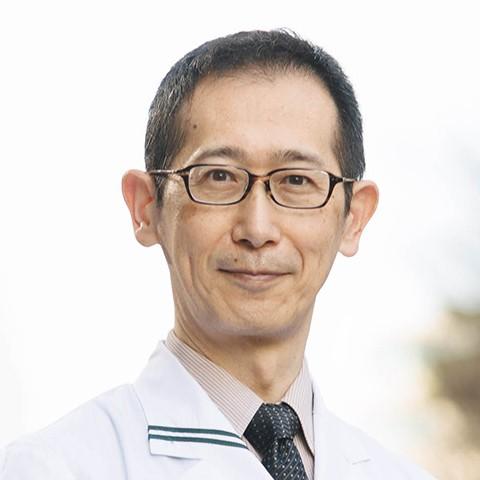
The Department of Hospital Pharmacy was established in 2021 as a joint department between the School of Medicine and the Faculty of Pharmacy. The main goals of the department include: strengthening coordination between the School of Medicine, the Faculty of Pharmacy, and the Keio University Hospital; playing an important role in advanced medical care at Keio; and contributing to the training and development of pharmacist-scientists with advanced knowledge and leadership skills. The department is also conducting pharmacokinetic research to generate findings that will inform the optimization and personalization of pharmacotherapy by quantitatively analyzing and evaluating the factors and mechanisms that cause interindividual variability in drug response.
Basic Science
-
Physiology (Makino Lab)
-
Molecular Biology
-
Legal Medicine
-
Biostatistics
-
The Sakaguchi Laboratory - Department of Signal Exploration
-
The Sakaguchi Laboratory - Department of Biomedical Informatics and Molecular Biology
-
The Sakaguchi Laboratory - Department of Epigenetics and Stem Cell Biology
-
The Sakaguchi Laboratory - Department of Ion Signaling and Response
-
The Sakaguchi Laboratory - Department of Multidimensional Analysis of Gastrointestinal Biology
-
The Ishii-Ishibashi Laboratory - Department of Extended Intelligence for Medicine
Clinical Science
Other Departments
-
Medical Education Center
-
Centers for Interdisciplinary Care Center for General Medicine Education

